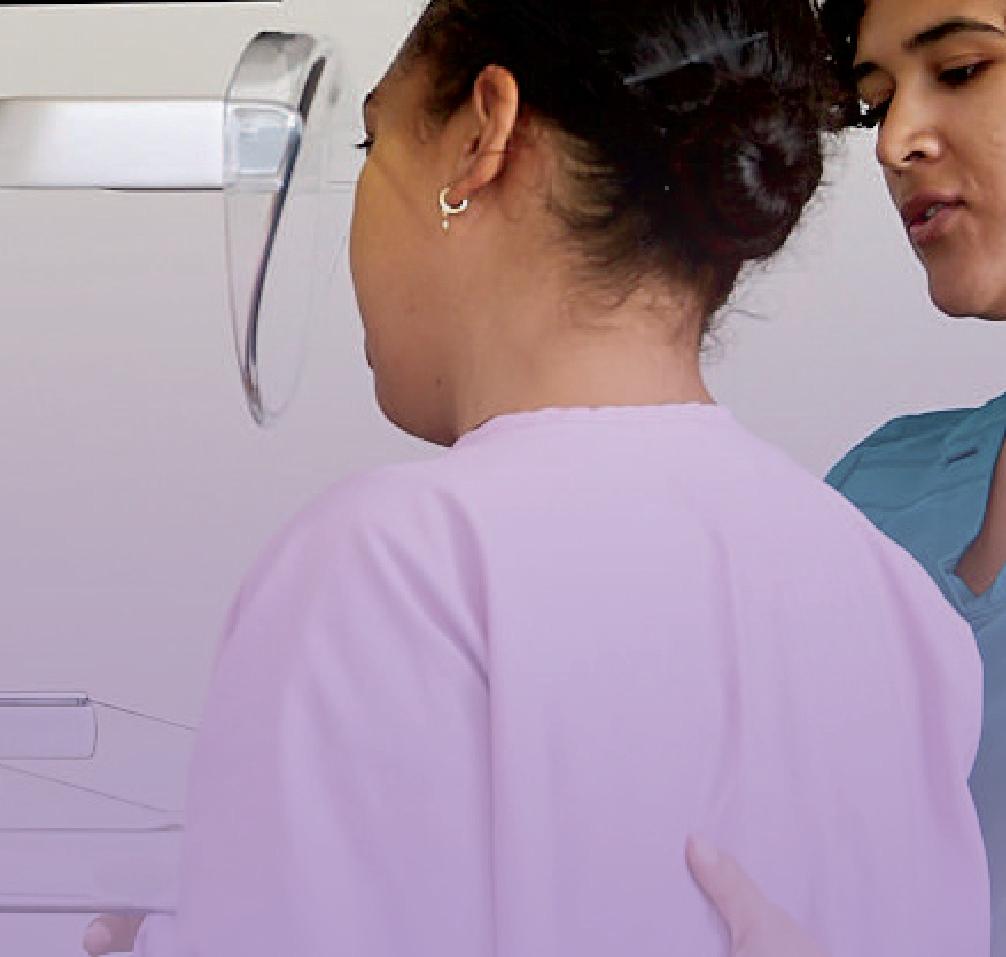
3 minute read
Diabetes, causes and treatment
Diabetes: Causes, Symptoms and Treatment
What is diabetes and why does this disease occur? endocrine system (your glands and the hormones that they produce), whereby the pancreas stops producing insulin or produces too little; or where the cells in your body are resistant to the insulin that your pancreas produces. Insulin is the hormone that ‘unlocks’ the cells in your body and allows the sugar (glucose) in your blood to be used for immediate energy needs or stored away for later use.
How many types of diabetes are there, and which one is the most complex? There are two main types of diabetes: Type 1 and Type 2. A third type called gestational diabetes can sometimes develop in pregnant women. • In Type 1 diabetes, the body’s own cells attack the insulin-producing cells of the pancreas, destroying the pancreas’ ability to produce insulin, the hormone that regulates blood sugar and keeps your body at healthy glucose levels. After diagnosis, people with Type 1 diabetes must take insulin, requiring several injections per day or use of an insulin pump. Type 1 diabetes cannot be prevented, and treatment is ongoing over a lifetime. With careful management, good lifestyle choices and the development of newer and better technology, people with Type 1 diabetes • With Type 2 diabetes, your body’s cells become less sensitive to insulin, so your pancreas must make more insulin to control your blood sugar levels. This is called insulin resistance. Over time, if not managed, elevated blood sugar levels result in damage to your body’s tissues, causing complications such as diabetic neuropathy, damaged blood vessels, kidney disease and vision loss. Treatment for Type 2 diabetes may or may not include medications, but always involves healthy lifestyle choices. • Unlike Type 1 and 2 diabetes, gestational diabetes is caused in part by physiological changes that occur during pregnancy. During this important process, pregnancy hormones can reduce or block the
What are the signs that you could If you have any of the following symptoms, visit your doctor for a complete and proper evaluation. Symptoms of diabetes may include urinating often, feeling very thirsty, feeling very hungry (even though you are eating), extreme fatigue, blurry vision, lack of interest or concentration, cuts or bruises that are slow to heal, weight loss, even though you have not reduced your calorie or food intake (Type 1), tingling, pain or numbness in the hands/feet (type 2), vomiting and stomach pain.
What are the treatments to control New technologies in diabetes, such as continuous glucose monitoring, are an opportunity to empower patients through education and training, making them more responsible for their self-care, with the support of health professionals, as comprehensive patient care with better metabolic control and fewer acute events such as hyper and hypoglycemia. Continuous glucose monitoring systems, such as Abbott’s FreeStyle Libre system, allow people with diabetes to track their glucose levels easily and without the comfort at treating the condition.


Support at Every Step

One in every eight women will be diagnosed with breast cancer in her lifetime, so it’s imperative to focus on your breast health. The earlier breast cancer is detected, the more effective treatment will be.


Conduct regular self-examinations and schedule your annual mammogram with the Bermuda Cancer and Health Centre. If additional diagnostic imaging is recommended, we conduct breast ultrasounds therapy treatment in Bermuda, all with no co-pay.










